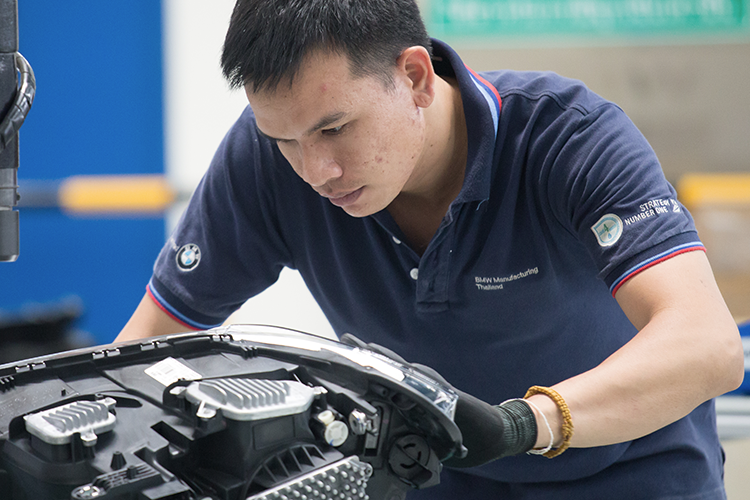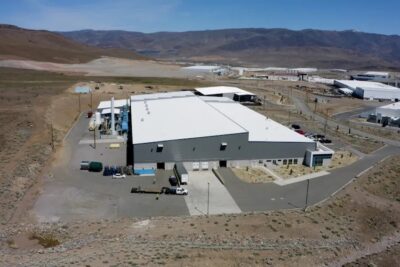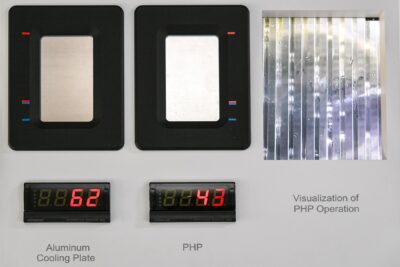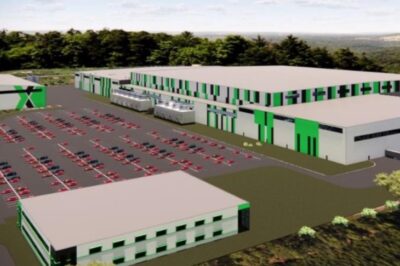BMW plans to build battery assembly in Thailand
“We decided to invest in battery manufacturing because China is expanding its EV investment and supply chains in Thailand,” explained Alexander Baraka, head of BMW Group Thailand. The effects of the tensions in the Red Sea are also being monitored. “This conflict is causing some short-term impact on BMW Group Thailand as the shipping of some auto components to Asia is delayed.”
BMW already operates a vehicle plant in Rayong, where it also manufactures battery systems for plug-in hybrids from local production. The combustion engines and hybrids are not only destined for the local market, but also for export.
BMW is probably now aiming for something similar for the battery production announced by Baraka. Accordingly, Thailand is to become an export centre for battery production. The statements made by BMW’s Thailand CEO use phrasing such as “battery factory” and “EV battery plant”. As is typical for the Munich-based company, this is likely to involve the assembly of purchased cells into ready-to-install battery systems. Although BMW operates a pilot production facility for battery cells in Parsdorf near Munich, its main aim there is to gain knowledge for the development of the cells. Mass production will continue to be handled by specialised partners such as CATL or Eve Energy.
The battery systems assembled there are not only to be shipped to other plants, but also installed in vehicles in Rayong itself – at least that is the plan of Alexander Baraka, according to whom BMW is considering the production of e-cars in Rayong. However, no final decision has been made yet. This would depend on various factors, including market demand and the global supply of semiconductors. Should this come to pass, Thailand would be the third country outside the German domestic market in which BMW builds electric cars, after China and Hungary.
The demand for electric cars and the e-mobility sector itself have recently grown rapidly in Thailand. This is also due to the Thai government’s subsidy policy, which aims to make Thailand a regional centre for electric car production. As a result of this subsidy policy, numerous companies from China have recently invested in the country to produce electric cars and batteries for the local market and for export to other countries in Southeast Asia. These include the SAIC brand MG, GAC Aion, Neta and Great Wall on the vehicle side and SVOLT, Gotion High-Tech and Eve Energy on the battery side.





0 Comments